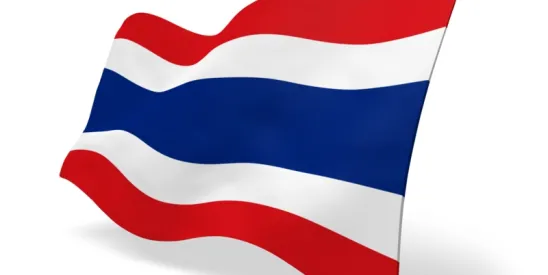The Thai government is introducing several new immigration initiatives designed to increase tourism and spur economic growth.
Key Points:
- The Thai cabinet recently approved the extension of a policy that allows Russian tourists to enter Thailand for 60 days until July 31, 2024.
- The Immigration Bureau stated that visa holders are allowed an extension for an additional 30 days and can convert to a nonimmigrant B visa for work authorization if desired.
- The Sports Authority of Thailand and the Office of the Boxing Board Committee are developing a Thai boxing visa program. The boxing visa would be divided into two categories based on the type of boxing establishment where foreign nationals study to learn boxing.
- Applicants would contact their respective embassy to obtain a nonimmigrant education visa to enter for 90 days.
- The visa will be renewable depending on the registration authority. If an individual obtains a visa from a boxing school that holds an education license approval from the Ministry of Education, they will be able to renew their visa for a period not exceeding one year. If the visa is from a school registered with the Sports Authority of Thailand, the visa will be non-renewable, and continued study will require a new application.
- The program is still in development. BAL will provide additional details upon approval from the Ministry of Foreign Affairs.
- Finally, Thai officials are leading a push for a joint visa program similar to the Schengen visa that would include Cambodia, Laos, Malaysia, Myanmar, Thailand and Vietnam.
Additional Information: Thailand’s Prime Minister Srettha Thavisin stated that the move for a joint visa program between the six nations would promote seamless mobility across the Southeast Asian countries, streamline tourist entry and boost tourism spending.
BAL Analysis: Thailand’s economic growth has slowed recently due to weaker demand and tourism. The tourism-reliant country has recently created several policy updates to reopen after strict pandemic restrictions. These policies are also part of a wider government strategy to facilitate entry and boost investment from international business interests.




 />i
/>i

